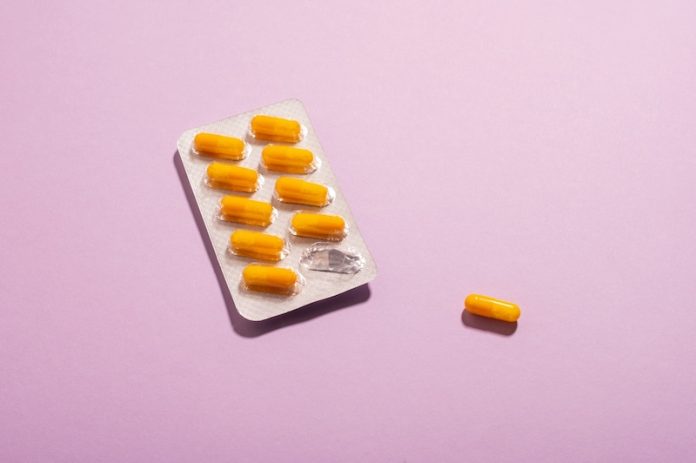
Your blood pressure is measured with two numbers: systolic and diastolic. Systolic pressure is the force when the heart’s ventricles pump blood out, while diastolic pressure is the force when the heart fills with blood between beats.
A recent study from the University of Copenhagen found that acetaminophen, a common painkiller for headaches, can cause a significant drop in blood pressure when given intravenously. This method of administration is often used in hospitals for critically ill patients who cannot swallow pills.
The study revealed that intravenous acetaminophen leads to a large, temporary drop in blood pressure in about six out of ten critically ill patients, with one-third of these cases being severe enough to require medical intervention.
Despite this side effect, intravenous acetaminophen remains a widely used and relatively stable medication in healthcare settings.
Researchers aimed to understand why intravenous acetaminophen causes this steep drop in blood pressure. They discovered that when acetaminophen is administered intravenously, it bypasses the liver and is metabolized differently than when taken orally.
This alternative metabolism results in residual chemicals that can affect potassium channels, which play a crucial role in regulating blood vessel contraction and relaxation, thus controlling blood pressure.
By using drugs that block these specific potassium channels, the research team was able to reduce the side effect of blood pressure drops in test rats. This finding provides a potential pathway to mitigate this side effect in humans.
The researchers emphasize that most people should not be concerned about taking acetaminophen orally, as long as they adhere to the recommended dosage limits.
For those interested in blood pressure management, it’s worth noting studies suggesting that blood pressure fluctuations can be an early sign of heart disease, and that cinnamon may help lower high blood pressure.
For further information on blood pressure, recent studies have shown how diets can help manage high blood pressure, and the increased risk of death from high blood pressure linked to cannabis use.
This study was conducted by Thomas Qvistgaard Jepps and colleagues and published in Atherosclerosis, Thrombosis, and Vascular Biology.
If you care about high blood pressure, please read studies about unhealthy habits that may increase high blood pressure risk, and drinking green tea could help lower blood pressure.
For more information about high blood pressure, please see recent studies about what to eat or to avoid for high blood pressure, and 12 foods that lower blood pressure.
Copyright © 2024 Knowridge Science Report. All rights reserved.



